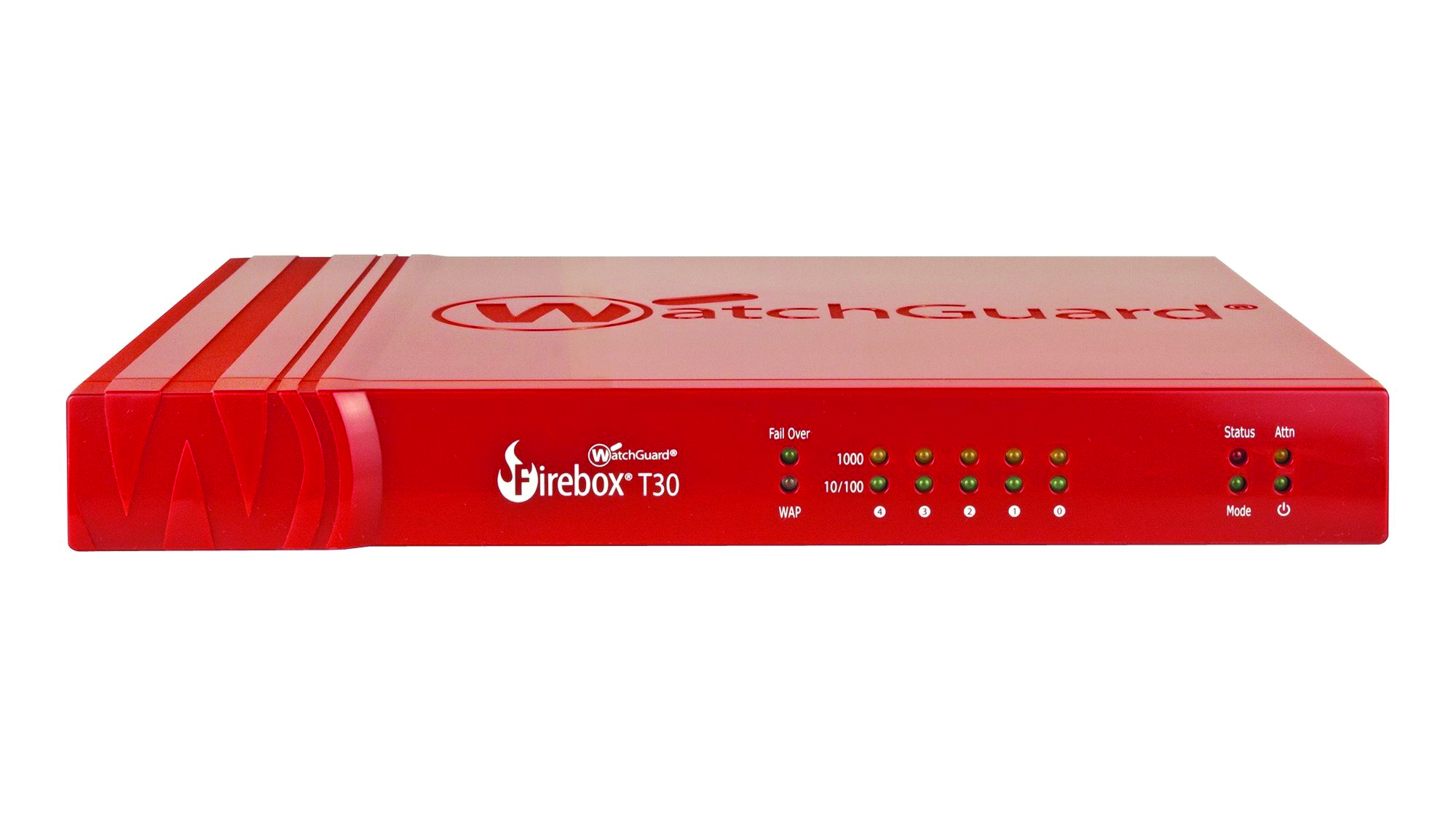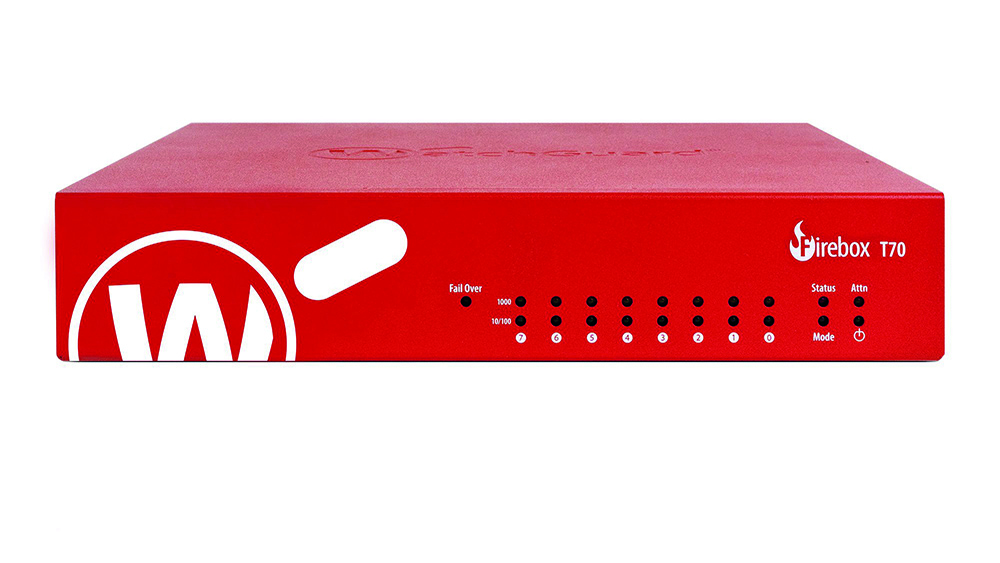The security old guard are under attack
As the security landscape shifts, security giants need to adapt. Otherwise the industry's minnows might take over.


"In many ways the thing you probably want to be most concerned about is something that is new and no one else has seen but I don't think you've got the time and effort involved to do that," Day added.
"At the end of the day, when you get the world's smartest threat and somebody has spent a lot of time and effort on it, even if it is picked up by anybody, what are they [the malware creators] going to do? They will keep tweaking and tweaking it until they think it will get through."
We need to start taking a more balanced view of accepting that people make mistakes, targeted attackers will at some point get in.
He admitted targeted attackers will be able to pierce defences and cause havoc. To deal with this, Day called for a focus on what to do after a break-in.
"The underlying trend here is that we spent decades building up great defensive techniques and actually I think we need to start taking a more balanced view of accepting that people make mistakes, targeted attackers will at some point get in and I think we have to start thinking about how we make security more bi-directional," Day added.
"If the user does click on the wrong thing, how do I put the controls in place that mean I have at least the forensics or the auditing to know what left and preferentially I can stop it going out of the door to start with."
Symantec doubters would have leapt on those comments, claiming security companies should be improving how they defend companies from attacks, not how to protect the information following a compromise.
Sign up today and you will receive a free copy of our Future Focus 2025 report - the leading guidance on AI, cybersecurity and other IT challenges as per 700+ senior executives
Whatever you think of Symantec's DLP-focused approach though, it's clear the company recognises a shift in the threat landscape. It's just taking its own path towards change.
Yet Zuk is convinced such big companies can't adapt to the shift occurring in the sector, where targeted threats present the most significant problem. "Big companies cannot change to new markets," he continued. "There is no way they will adapt."
Of course, Zuk can't possibly be sure about that. Symantec, and others like McAfee, Trend Micro and Kaspersky, all have the financial clout to invest in either R&D or in an acquisition. They can adapt, they just need the foresight and willingness to do so.
In reality, the old guard will remain in the upper echelons of the industry for some time, whether they change their protection technologies to block zero-days outright, or they move to post-attack strategies and the DLP market.
The new guard
What's really exciting is the innovation and sheer gall of the new generation of security companies. They have potentially disruptive new pieces of technology at their disposal which really could upset the big players.
Furthermore, these minnows don't look like they will cave to pressure from their more powerful rivals. Like any company which wants to get big, Palo Alto is one of those that scoffs at acquisition attempts.
With that kind of attitude, and the fact that in only four years it is already supplying major banks across the world, Palo Alto is a company that looks sure to succeed. Contemporaries like M86 and cloud-based security firm Zscaler look on the path to becoming bigger players as well.
And as for the IT guy, greater competition only means better products. In turn, that means a safer business. It's a win-win for them.
Tom Brewster is currently an associate editor at Forbes and an award-winning journalist who covers cyber security, surveillance, and privacy. Starting his career at ITPro as a staff writer and working up to a senior staff writer role, Tom has been covering the tech industry for more than ten years and is considered one of the leading journalists in his specialism.
He is a proud alum of the University of Sheffield where he secured an undergraduate degree in English Literature before undertaking a certification from General Assembly in web development.
-
 Neglecting printer security is leaving you wide open to cyber attacks
Neglecting printer security is leaving you wide open to cyber attacksNews Enterprises are ignoring printer security risks and failing to update, according to HP Wolf Security, leaving them vulnerable to cyber attacks.
-
 IT contractor guilty of interfering with US Army database
IT contractor guilty of interfering with US Army databaseNews The disgruntled ex-employee now faces a decade in prison and expensive fines
-

 WatchGuard Firebox T30-W review
WatchGuard Firebox T30-W reviewReviews Affordable and packed to the gills with gateway security measures – a top choice for SMBs
-

 WatchGuard Firebox T70 review
WatchGuard Firebox T70 reviewReviews With top performance and features, the Firebox T70 is an enterprise-class security appliance at an SMB price
-
 Check Point wants to protect SMBs from cyber attacks
Check Point wants to protect SMBs from cyber attacksNews New appliances will offer 'enterprise grade' security for smaller businesses
-
 TechUK helps cyber security firms mitigate export risks
TechUK helps cyber security firms mitigate export risksNews Trade body guidance aims to stop cyber security products falling into wrong hands
-
 BlackBerry 10 cleared for use by US government agencies
BlackBerry 10 cleared for use by US government agenciesNews BlackBerry maker's forthcoming device gets security thumbs up from US government.
-
 Kensington BungeeAir Power Wireless Security Tether for iPhone review
Kensington BungeeAir Power Wireless Security Tether for iPhone reviewReviews A wireless case and keyfob combination that sounds an alert if an iPhone 4 strays out of reach. But is it just another gimmick or a viable business accessory? Jennifer Scott aims to find out in this review.


